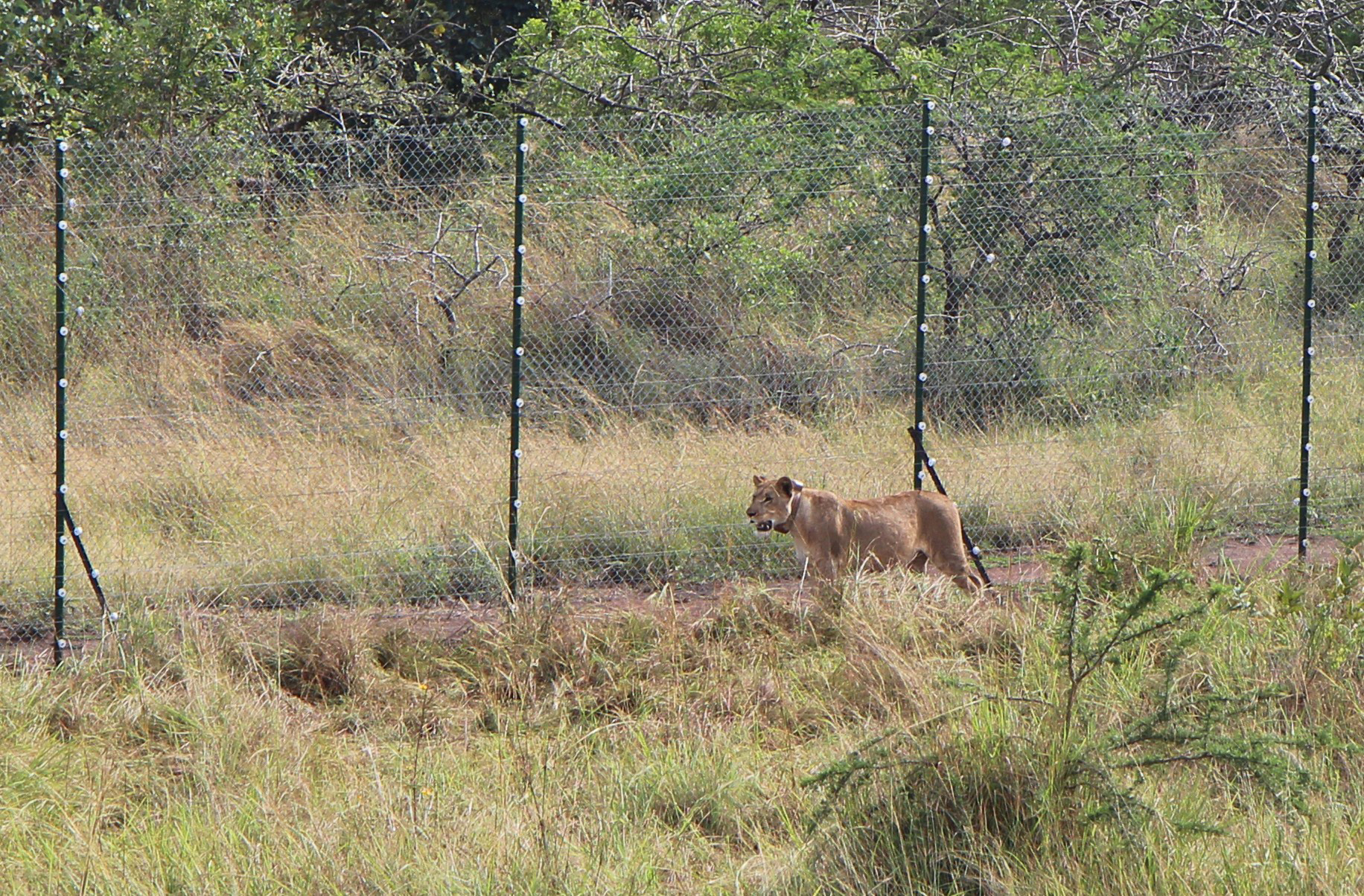
A pride of lions is thriving in the wild in a Rwandan national park, according to a conservationist group that introduced the animals back into the country 15 years after they were hunted to local extinction.
Lions died out after the Rwandan civil war and the subsequent genocide of the early 90s, National Geographic reports, often poisoned by returning refugees settling in Akagera National Park and other protected lands who were determined to protect their livestock from the predators.
Akagera is serviced by African Parks, a conservation group tasked by the Rwandan government with restoring and managing the park. The space provides a habitat for jumpstarting the country’s wild lion population, from 0 to 6.
Rwanda’s new pride consists of four females, donated by the Phinda Game Reserve in South Africa, and two males, volunteered by the same country’s Tembe Elephant Park. The conservationists at Akagera have faced some criticism for failing to source East African lions for introduction into Rwanda. But according to African Parks regional manager Andrew Parker, it’s difficult finding lions whose genes match up perfectly for reintroduction.
“Securing lions from East Africa would certainly have been first prize,” Parker said. “But after spending more than 12 months investigating possibilities and trying to secure lions out of east Africa, and given the subtle genetic distinctions, we decided to move forward in the name of progress, and of conservation of lions.”
The lions made the 2,000-mile journey to Rwanda in June, the longest distance wild lions had ever been moved in Africa. They were greeted by thousands of people eager to catch sight of the pride.
More Must-Reads from TIME
- Cybersecurity Experts Are Sounding the Alarm on DOGE
- Meet the 2025 Women of the Year
- The Harsh Truth About Disability Inclusion
- Why Do More Young Adults Have Cancer?
- Colman Domingo Leads With Radical Love
- How to Get Better at Doing Things Alone
- Michelle Zauner Stares Down the Darkness
Contact us at letters@time.com